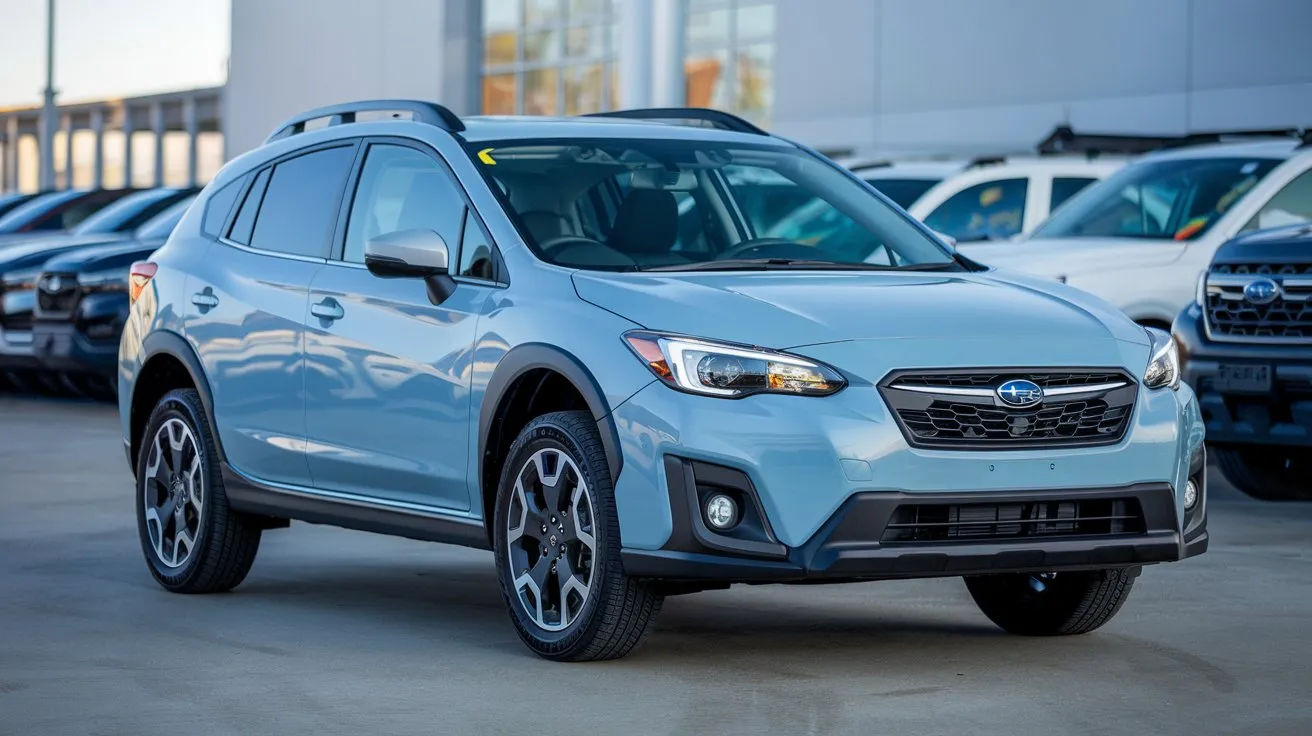GAP Insurance: When You Actually Need It

GAP (Guaranteed Asset Protection) insurance can be valuable protection or an unnecessary expense, depending on your situation. Let’s cut through the sales pitch and examine when GAP insurance makes sense and when it’s just padding the dealer’s profit.
What Is GAP Insurance Really?
GAP insurance covers the difference between what you owe on your car loan and what your regular insurance pays if your vehicle is totaled or stolen. This “gap” exists because vehicles typically depreciate faster than you pay down your loan.
How GAP Insurance Works
-
Regular insurance pays actual cash value
-
GAP covers remaining loan balance
-
Protects against being “underwater” on loan
-
One-time premium for coverage period
When GAP Insurance Makes Sense
High-Risk Scenarios
-
Little or no down payment (less than 20%)
-
Loan term longer than 60 months
-
Rolling negative equity from previous car
-
Leasing a vehicle
-
High depreciation vehicle models
Specific Purchase Situations
-
Luxury or high-end vehicles
-
First-time car buyers
-
Business use vehicles
-
High-mileage drivers
-
Minimum down payment loans
When to Skip GAP Insurance
Low-Risk Scenarios
-
Large down payment (20% or more)
-
Short loan term (36-48 months)
-
Used vehicle with stable value
-
Paying cash or most of purchase price
-
Models with strong resale value
Money-Saving Alternatives
-
Larger down payment
-
Shorter loan term
-
Traditional loan protection
-
Emergency savings fund
-
Conservative vehicle choice
Smart Shopping for GAP Coverage
Where to Buy GAP Insurance
-
Dealership (usually most expensive)
-
Your auto insurance company
-
Independent insurance providers
-
Credit unions
-
Online providers
Price Shopping Tips
-
Get multiple quotes
-
Compare coverage terms
-
Check cancellation policies
-
Review exclusions carefully
-
Confirm coverage period
Making an Informed Decision
Before Buying GAP Insurance
-
Calculate your loan-to-value ratio
-
Research vehicle depreciation rate
-
Compare prices from multiple sources
-
Review your existing insurance
-
Consider your financial risk tolerance
Red Flags to Watch For
-
Pressure to decide immediately
-
Unclear terms or exclusions
-
Significantly higher dealer prices
-
Limited cancellation options
-
Bundled with other products
The Pre-Purchase Connection
A professional pre-purchase inspection helps you:
-
Understand the vehicle’s true value
-
Identify potential depreciation factors
-
Make informed financing decisions
-
Negotiate better purchase terms
-
Evaluate GAP insurance needs
Remember: The best protection starts with knowing exactly what you’re buying. A thorough inspection helps you make smarter decisions about both your purchase and additional coverage needs.
About the Author
John Coleman
Founder, Spokane Preinspection
I started Spokane Preinspection with one goal: make buying a used car easier, faster, and more fair. Every inspection we do puts real information in buyers' hands so they can make confident decisions.
Learn More About Us →Ready to Buy or Sell With Confidence?
Book a professional pre-purchase inspection and know exactly what you're dealing with.
Book Inspection

